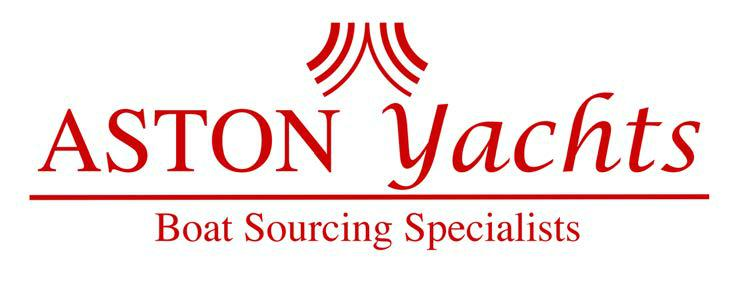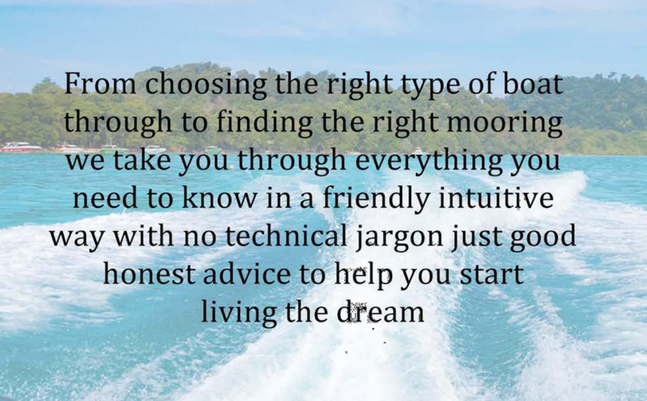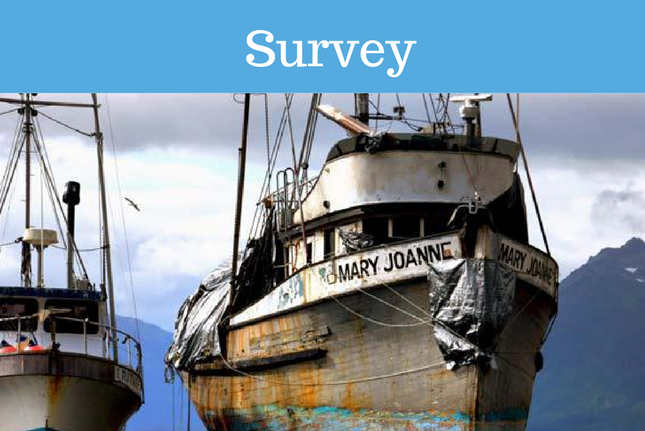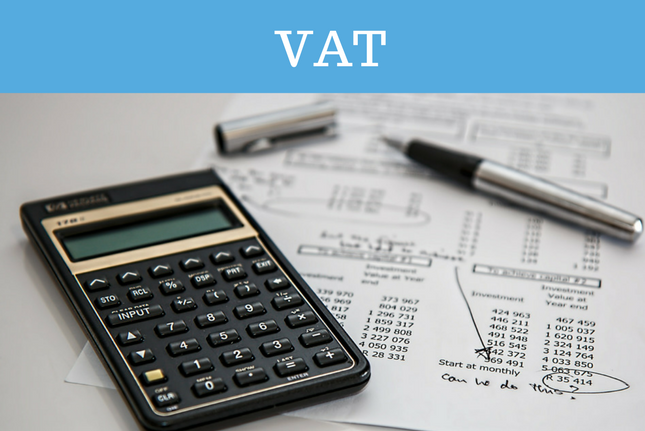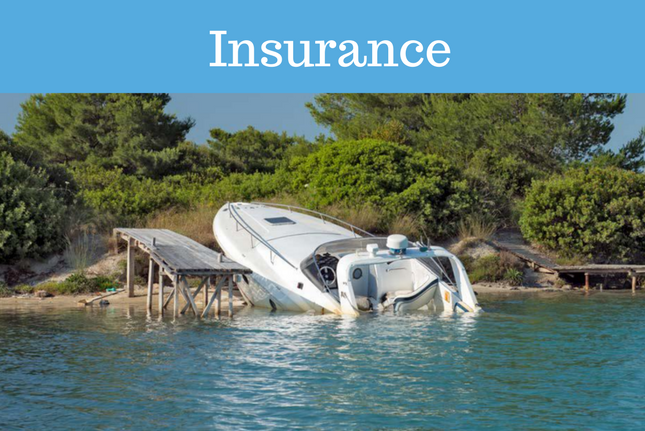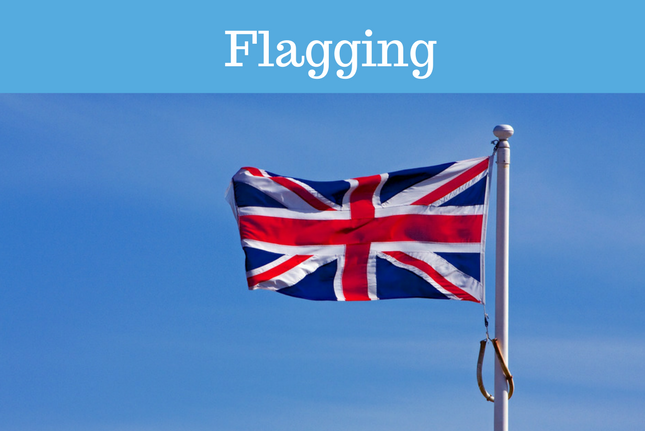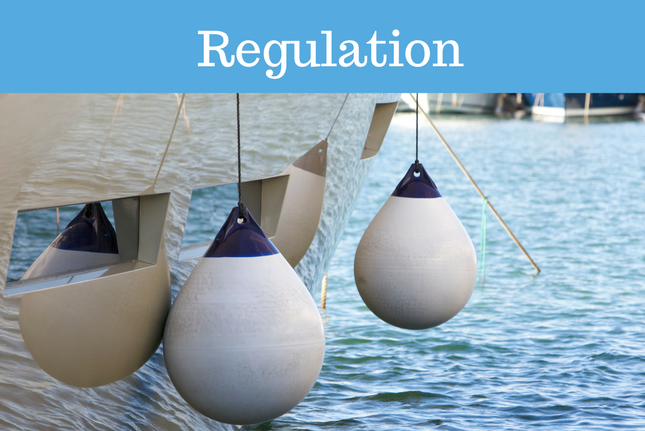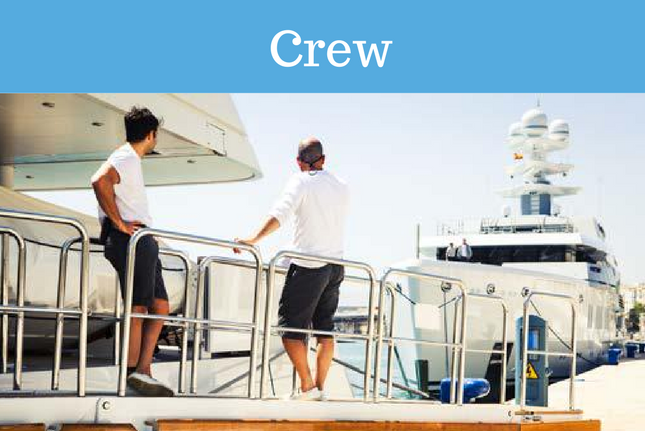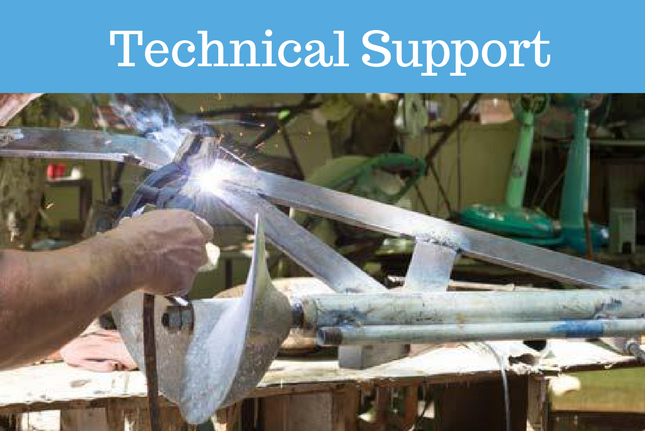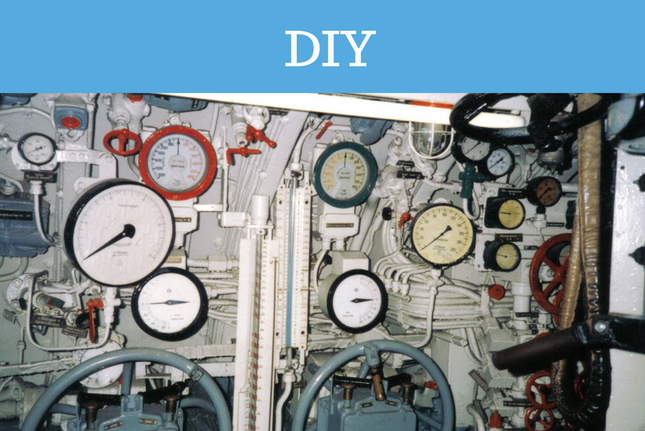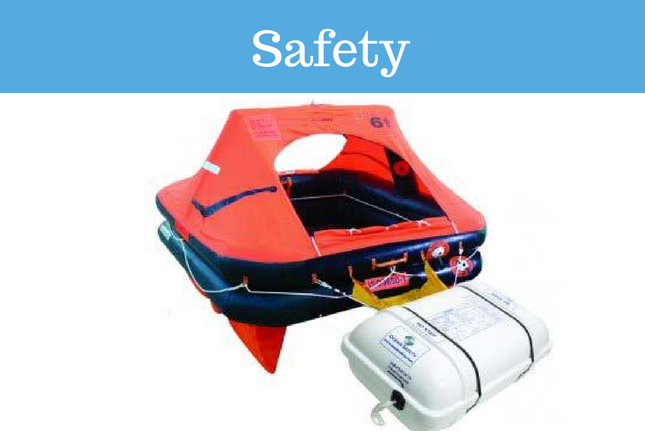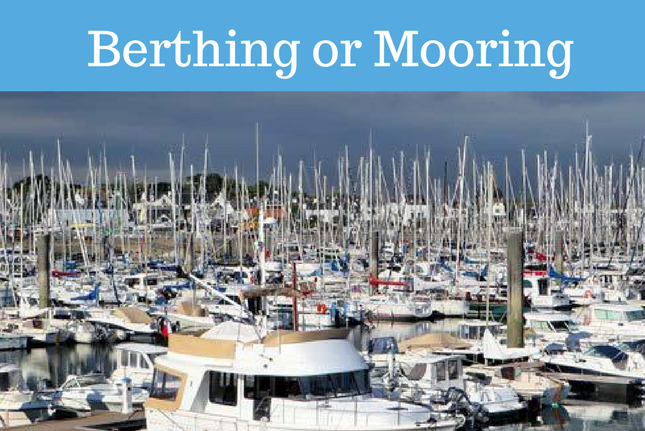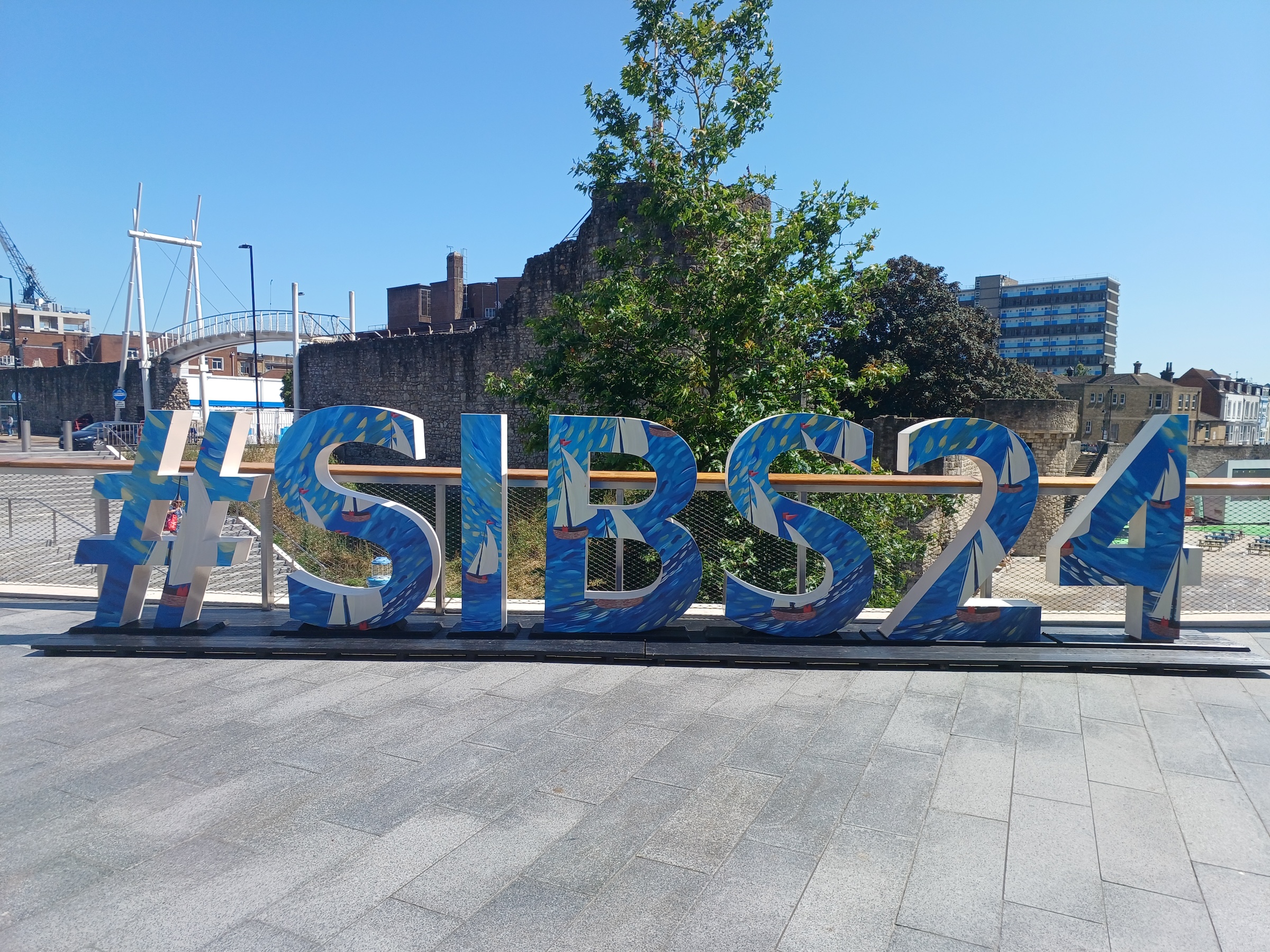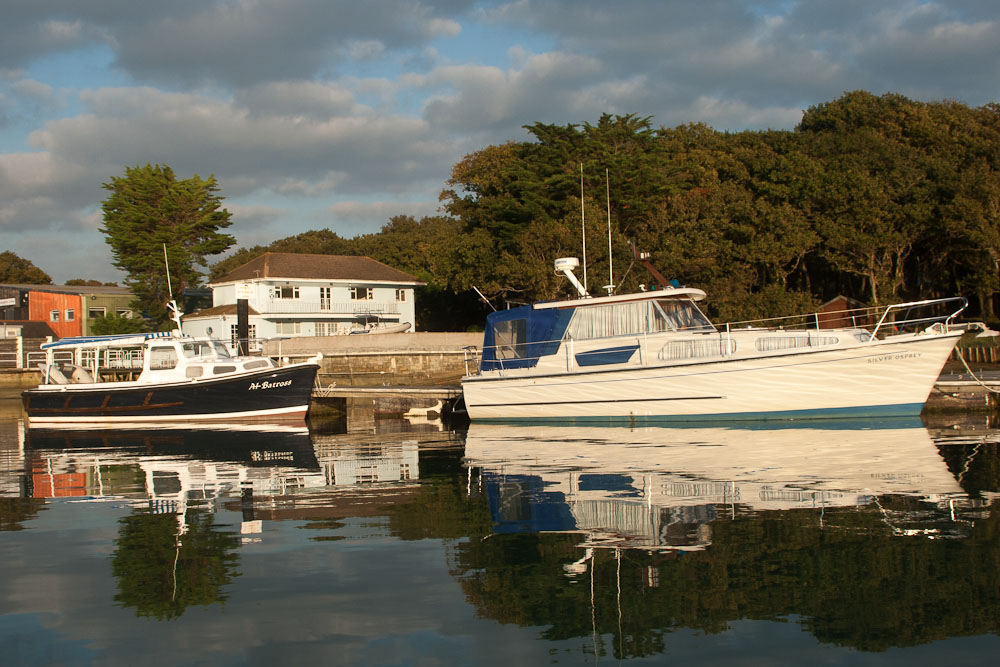Aston yachts would definitely recommend that you sign up to a technical support company. They will, not only, sort out any problems that occur with the vessel but will maintain the entire vessel, from engines to navigation equipment, from air-conditioning to fire equipment. If something small occurs and you feel
able to fix it with the right advice, they will be on the end of a phone to talk you through it. If it's something major they will send someone out to fix it, source all parts needed and fit them.
Technical support companies usually offer different types of cover depending on your budget, the type of vessel you have, and the type of sailing you are going to do – if most of the time your vessel will be moored in a marina you will need less cover than if it were out on charter for most of the year in the Caribbean or the Mediterranean. But you will regret the day you are not covered if something goes wrong.
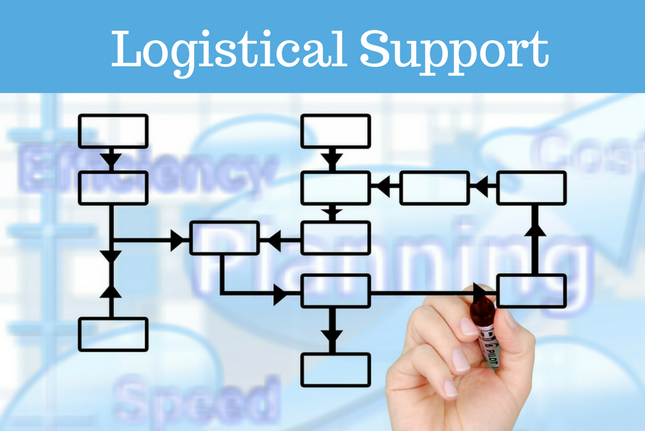
This iis something you will need if you are doing a lot of chartering or cruising around the world. Basically, whatever you need, they will see you get it, from sourcing to delivery. They can liaise with the captain to plan your routes, sort out visas and relevant permits, navigation maps, berthing for when you get there, have fuel ready for resupply. If a piece of equipment is lost at sea, they can have a replacement waiting for you at your next port of call. If someone suddenly needs to go home for any reason, all you have to do is let the support team know and they will sort it out. (Well that’s the theory anyway)
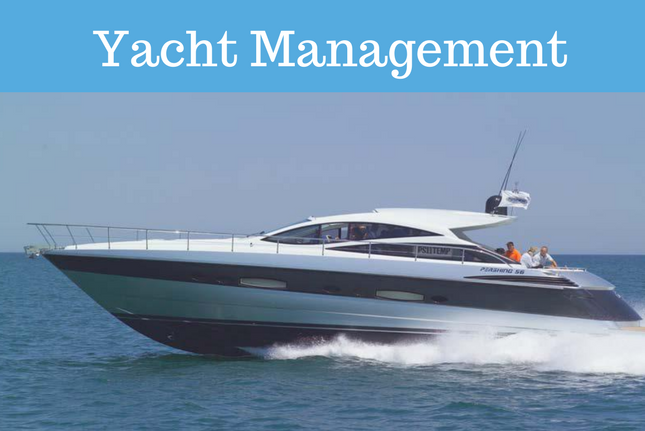
A yacht – certainly a Superyacht – will need some form of managing, if you are chartering it you should consider it like a business which will need to be managed properly. A management company will take care of everything to do with the running of the yacht. They will sort out insurance, technical and logical support, they will deal with charters and sort out maintenance schedules. They will deal with crew issues and any legal problems that may occur. A management company will liaise with the captain of the vessel and take care of everything, so you don’t have to worry about it.
If you are not lucky enough to have all the money in the world and so are not able to buy a nice big yacht then Technical and Logistical support and in fact management are not necessarily needed, however, some form of tech support might be useful even if it is just a company you have ‘made friends with’ who will be willing to help out over the phone with some advice.
It is a good idea to really get to know the systems on your boat, find out how everything works, how it is connected to the electrical or water systems and make sure you have plenty of spares on board for any critical systems or, at least, a backup. Keeping up with maintenance is crucial on a boat and keeping everything in perfect working order is something you will have to get into or you will find yourself stranded at the most inopportune moment. There is a great piece of software you can subscribe to called ‘VesselVanguard’. Once you have entered all the details of your boat into it you will get little reminders when certain things require a bit of maintenance – for instance you will get a message telling you to change the water filters, or clean & grease the windlass, the generator will need an oil change, etc. So, at least, you will be able to keep on top of things and everything wont all need doing at the same time.
By doing as much of the maintenance on your boat yourself is not only very rewarding, but it also saves you quite a bit of cash and by doing it yourself you are getting more familiar with the boat’s systems and workings which can only be a good thing if something does let you down out at sea.
If you are a complete novice and have no technical skills at all then there are boat maintenance courses you can go on, or you may find the manufacturer of your boat will give you some great advice and help, giving you the confidence to tackle most jobs.
© Image used with permission from Pinlers of Poole
It is your responsibility, as the boat owner, to make sure all safety equipment and procedures are in place on your boat, in accordance with the SOLAS (Safety Of Life At Sea) requirements for your vessel’s size and usage. It is not compulsory on boats under 13.7m in length to carry huge amounts of safety equipment, but there is a legal limit under SOLAS, and you would have to be mad not to anyway. This includes enough life jackets for the amount of people you are likely to have on board plus at least one, throwable floatation device. You need a means of making a noise – a bell, whistle or horn – to attract other people for assistance. A visual distress signal is also required such as flares. An EPIRB is essential. A marine radio is a must (remember you need to be certified to use marine radios so get yourself on a course). A first aid kit is essential and the know how, to use it correctly. Fire fighting equipment is very important; you really don’t want to be several miles from shore when a fire breaks out with little or no means to tackle it. CO2 and smoke detectors are highly recommended in the interior of the boat and good ventilation is worth checking.
AIS (Automatic Identification System) is well worth having on your boat. It is not compulsory to boats under 300GT but there is a system designed for use in smaller boats and it is worth fitting especially if you intend to do night sailing or are likely to sail in busy shipping lanes or ports.
Radar reflectors are a requirement for boats under 150GT. You would be surprised how little your GRP hulled boat reflects radar from other ships so making your boat reflective to radar is a must. You will more than likely find that newer boats already have provisions for radar reflection in place, but still worth checking.
A Liferaft is not compulsory, however, you may regret the day you didn’t have one. They come in all different sizes depending on the amount of people likely to be on board. The most important thing you need to remember when fitting the Liferaft to your boat is placement. You need to remember that when you need it, the boat may be capsized or sinking so you need to make sure you can get at it easily and quickly – storing it in the cabin or even in a lazarette is not a good idea and remember it may also be at night, in a storm.
A Liferaft will include a grab bag, which will have everything you need to survive at sea for at least 24 - 48 hours. Every manufacturer will include different items and you can always add to it if space permits.
These items should include: A VHF Radio, An Electronic PLB (Personal Locator Beacon), A satellite communicator or a satphone, an AIS Beacon, Spare batteries, Various types of flares, a medical kit, a Whistle, a multi-Knife, drinking water, a Dye marker (to colour the water when a plane goes over), a waterproof flashlight, a strobe light, a rescue streamer (floats out on the water to help you be seen from above), Rope, a signal mirror, fire starter kit (in case you make it to shore), space blankets to keep you warm, a compass, some dried food, a pair of binoculars, etc.
When anyone comes aboard, you must ensure they are briefed on the location of all safety, medical and fire equipment and ensure they know where the exits are (if there are any) and the procedures for abandoning the boat and retrieving and entering the Liferaft. You should make sure they all know where the life jackets are and how to put them on correctly ensuring proper fit. It is advisable to show a few of your guests how to use the radio to call in an emergency, and the proper procedure for doing so (they do not need to be certified so long as you are). It is also a good idea to brief everyone on the MOB (man over board) procedures and to show them where the throwable floatation device is and how to use it, also the procedures for recovery back on board.
It is your responsibility to ensure no pollution enters the water; this includes liquid pollution such as chemicals, oil and fuel and other waste such as plastics. You must ensure measures are taken to eliminate the risk of this happening, including briefing your passengers and crew. You will be fined and in some cases imprisoned if you are found liable.
When you have purchased your new motorboat or sailing yacht and before you take delivery, you need to have in place somewhere to keep it. Depending on the size of the vessel you have, will determine the type and size of mooring or berth you will need and the facilities the marina has.
You will need to check very carefully what you are buying and what further charges will be added and when. Charges will vary hugely particularly in the most popular areas, so choosing somewhere a bit less exclusive could save you a lot over the course of a year. You will need to be careful about where you purchase your berth as it may have an influence on your tax liabilities.
The other option to purchasing a berth or mooring is to rent one, but you will still need to look into charges and tax implications, however, this does give the option to move about more and stay in different places for longer. For smaller vessels, it may be prudent if you are not using your boat throughout the winter to consider having it removed from the water onto hard standing at a marina. This also gives you the opportunity to carry out any maintenance requirements and anti-fouling ready for the Spring.
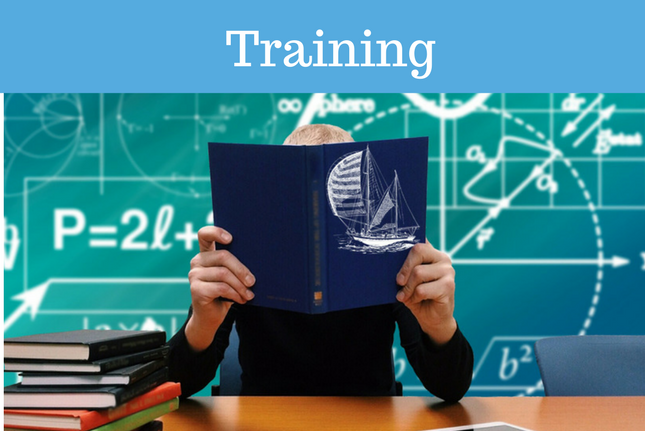
If you want to use your boat to it’s fullest potential and safely you really need to think about doing some formal training. It’s not something we all relish but it really is not a good idea to get out on the open water and not really know what you are doing – you wouldn’t just get in a car and expect to drive off down the road safely without training (yes you might be able to do it, but it wouldn’t be the smartest move). The other point, of course, is that for certain types of boat in certain parts of the world it is mandatory to have a license to use your boat and the only way to get that licence is by doing some formal training.
The license you will need in the UK is the International Certificate of Competence (ICC). You will need the ICC license if you are going so skipper a boat within European waters and it would be useful to have if sailing to other countries as it shows you have attained a certain level of competence and are qualified to skipper your boat safely; you will also need to show your license in order to rent a boat within Europe. There are several categories within the ICC license including: Power up to 10 meters; Power 10 to 24 meters or up to 80 tonnes in weight; Sail up to 24 meters and Personal watercraft, and it lasts for 5 years after which it can be renewed via the RYA. Incidentally, if you are a member of the RYA the ICC certificate is issued free of charge once you have done the relevant training. You may also decide to do the CEVNI exam, for a small fee, this license covers everything you need to learn and know about in order to sail the interconnected waterways throughout Europe. Once done this will show up on your ICC license.
If you decide not to bother with an ICC then you may find yourself in trouble with certain governments, you may face a hefty fine and may have your vessel impounded until a qualified skipper can move it. You may find that you will have difficulty obtaining insurance, for your boat, or you may find difficulties if a claim is made.
The Royal Yachting Association (RYA) recognised training centres run very good courses, which will cover everything, whether you are interested in sailing or motor cruising for novices right up to professional standard. Even if you are a seasoned sailor it doesn't hurt to keep up to date with the latest techniques and it's always a good idea to do a navigation course. We would recommend you do a VHF marine radio-operating course, too. In fact you will need to get certified before you can use a marine radio, even if it just a handheld one. There is a certain way to use a marine radio and the vocabulary used on it is very specific – to avoid confusion and misunderstanding. Using a marine radio incorrectly can in some cases lead to prosecution and fines. Seavoice, a RYA approved training centre, run a fantastic course, in the classroom or online, which will give you the confidence to use a marine radio correctly.
There are other training courses that would be prudent to do, such as a first aid course and a sea survival course all of which will make you a more competent skipper and help you to enjoy your boating more.

Once everything is done and in place, the most important thing to remember is to enjoy it. You have become a member of a very exclusive club and you now have the freedom to enjoy that privilege wherever you are in the world. It is worth joining a few clubs so you can go to yachting events and get tips from other members. If you are new to yachting and your vessel does not require a crew, it would be a good idea to take some training, this will help you to be more confident in your abilities and enable you to enjoy the experience even more.
If you intend to use your vessel for anything other than pleasure for yourself and close family, then your boat is considered as a commercial vessel and as such, you and your boat will need to meet certain standards and certification. The level of qualification required is determined by the manning requirements of the code under which your vessel will be certified. Obtaining all these qualifications and certifications can be a bit daunting and relatively expensive but if you do use your vessel commercially it can be quite lucrative which if it means it pays for itself and covers your operating and mooring costs then it is definitely worth the effort.
That’s It - We hope you have found this little booklet useful and enlightening. We purposely have not gone into things in too much detail because we didn’t want to bamboozle you with information. This booklet is intended as a reference guide only and Aston Yachts would recommend you always seek professional advice when purchasing a boat of any size or type. If you still need help in finding your perfect boat then remember we are always here for you.
Missed PART ONE of the boat buying guide? Click here to catch up!
